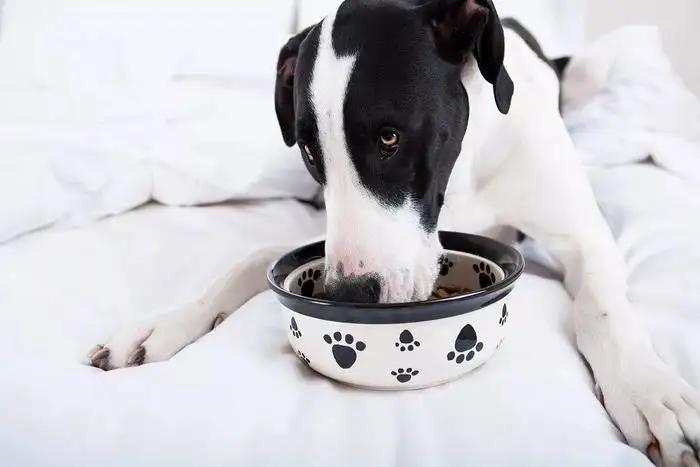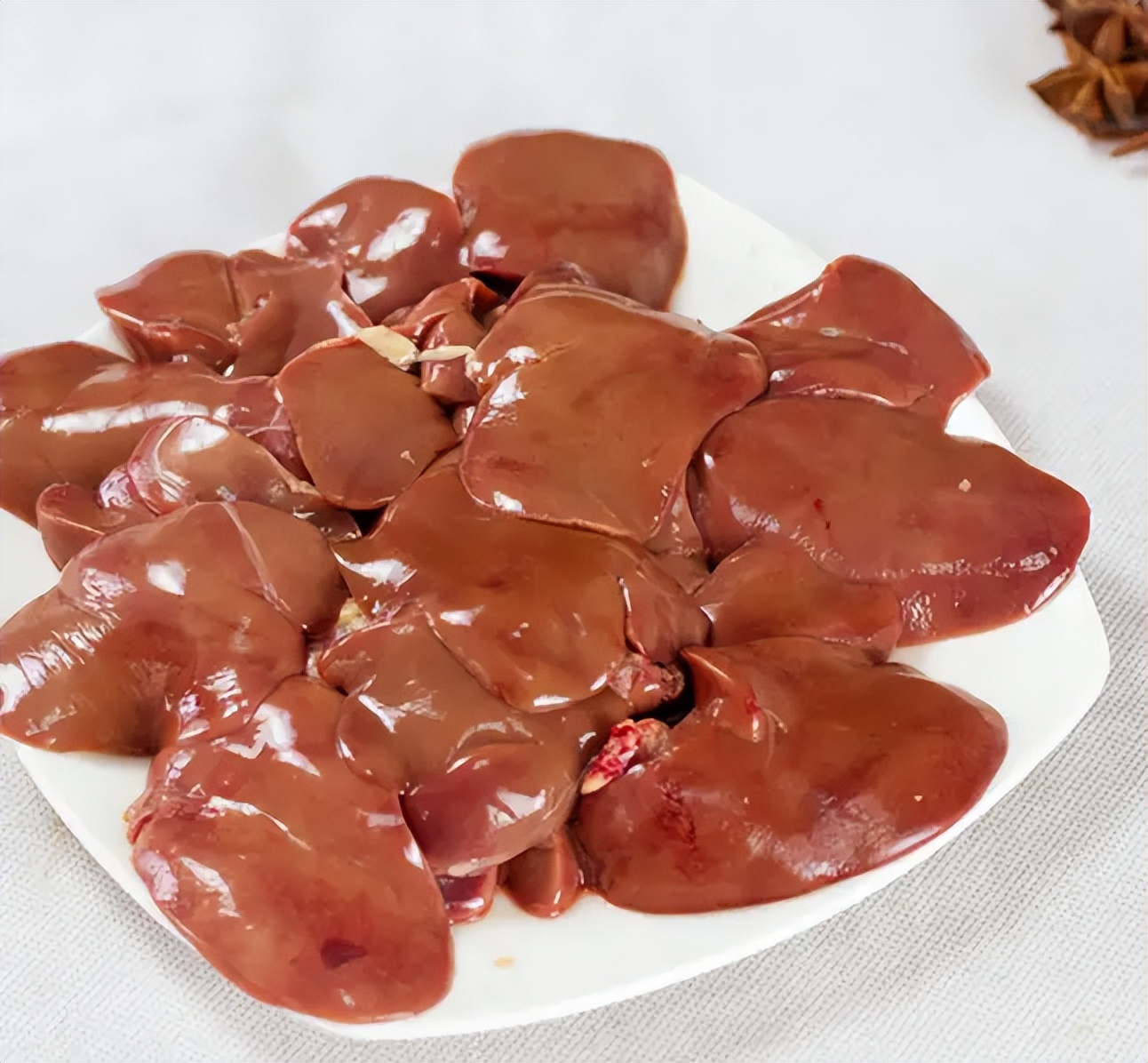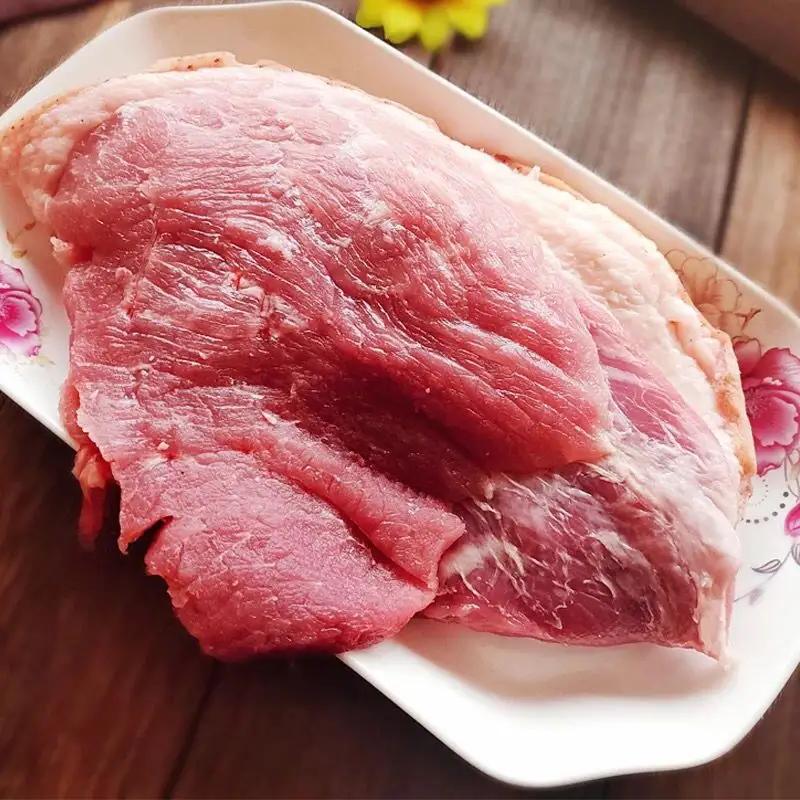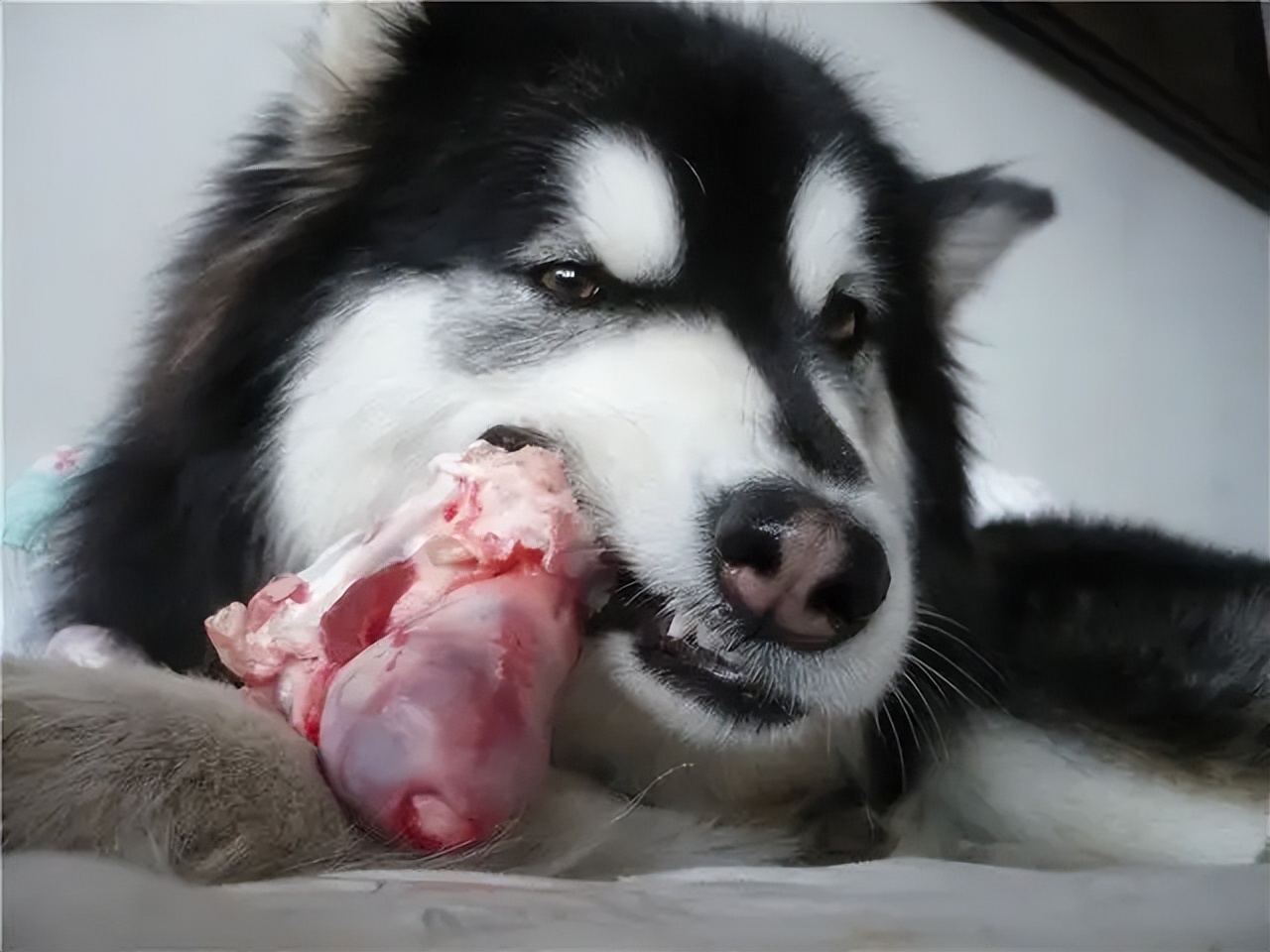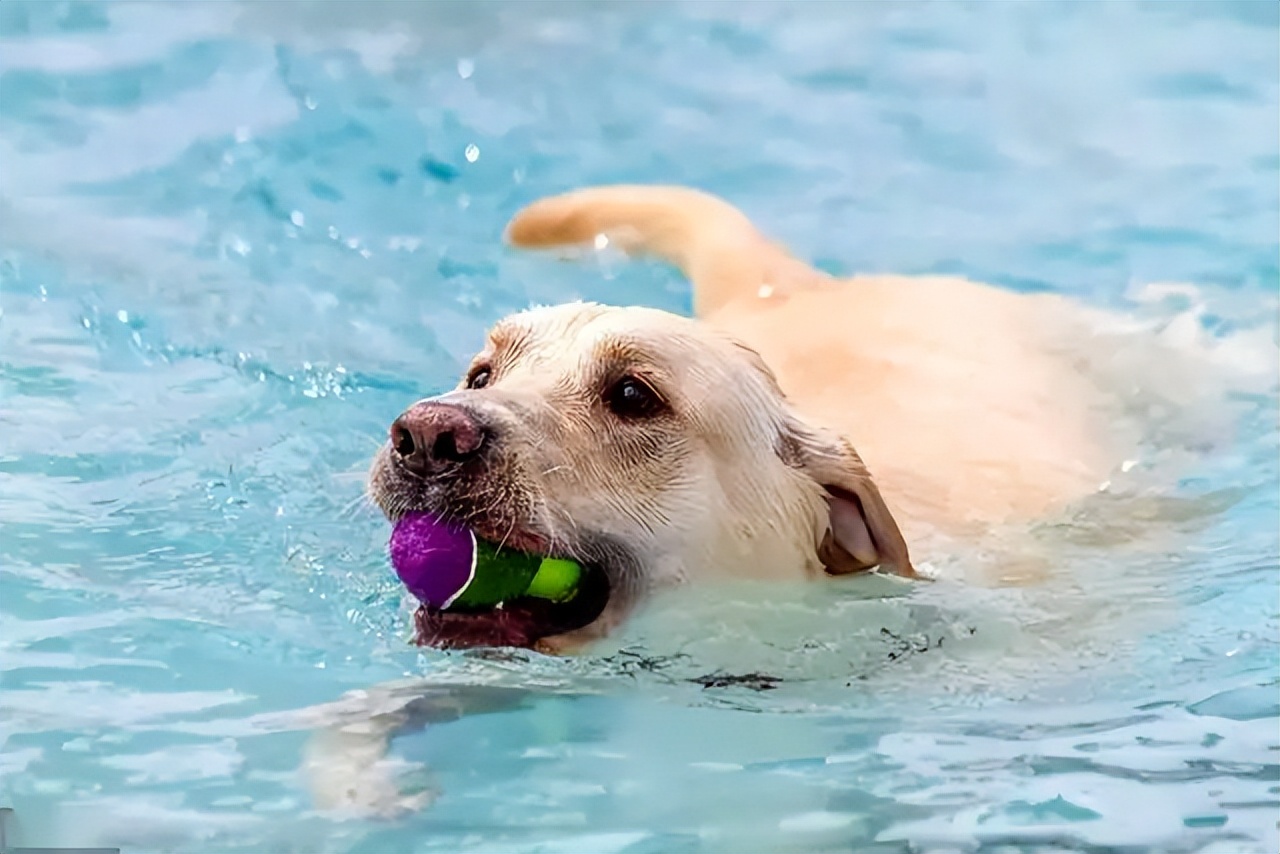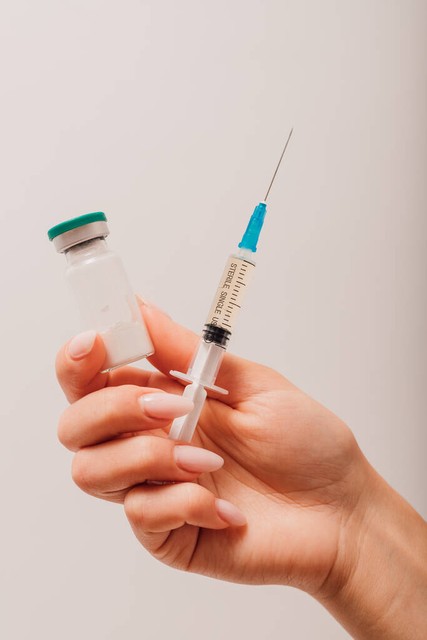Dog Feeding Mistakes: Protect Your Pet’s Health
Common Dog Feeding Mistakes: Avoid These Harmful Foods for Your Pet’s Health
Many pet owners unknowingly make dog feeding mistakes that can harm their furry friends. While we often share our food with dogs, some human foods pose serious health risks. Let’s explore these common errors and learn how to keep your dog safe.
Mistake 1: Daily Liver Treats
Dogs love the strong smell of liver, but feeding it daily creates health risks. Liver contains high levels of vitamin A – too much can cause vitamin A poisoning.
Safe Practice: Limit liver treats to 2-3 times weekly. Balance meals with other protein sources and vegetables.
Mistake 2: Raw Meat Dangers
Feeding raw meat introduces risks of bacterial infections (like E. coli) and parasites (including tapeworms). These can lead to:
- Digestive system infections
- Organ damage
- Contamination risk for humans
Safe Solution: Always cook meat thoroughly. Freezing doesn’t eliminate all risks – proper cooking does.
Mistake 3: Meat-Only Diet
While dogs need protein, exclusive meat consumption causes problems:
- Constipation from lack of fiber
- Nutritional imbalances
- Bad breath and dental issues
Healthy Approach: Include dog-safe vegetables (carrots, green beans) and fruits (apples, blueberries) for balanced nutrition.
Mistake 4: Abrupt Food Changes
Switching dog food suddenly causes digestive upset. Use the 7-Day Transition Method:
- Days 1-2: 25% new food + 75% old
- Days 3-4: Equal parts mixed
- Days 5-7: 75% new food + 25% old
Puppy Tip: Soften kibble with warm water during transitions for easier digestion.
Why These Dog Feeding Mistakes Matter
Proper nutrition prevents:
- Emergency vet visits
- Long-term health issues
- Unnecessary suffering
Creating Safe Eating Habits
Avoid these dog feeding mistakes by:
- Consulting your vet about diet plans
- Reading pet food labels carefully
- Introducing new foods gradually
By understanding these common dog feeding mistakes, you can make better choices for your pet’s health. Remember – what’s tasty for humans isn’t always safe for dogs. When in doubt, consult a veterinary nutritionist to create the best meal plan for your furry companion.
